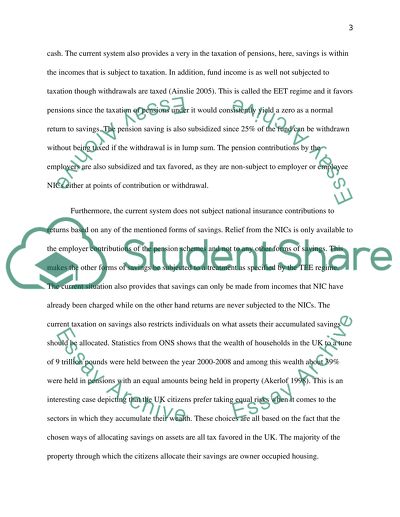Cite this document
(“TAXATION Essay Example | Topics and Well Written Essays - 2000 words - 1”, n.d.)
Retrieved from https://studentshare.org/finance-accounting/1633382-taxation
Retrieved from https://studentshare.org/finance-accounting/1633382-taxation
(TAXATION Essay Example | Topics and Well Written Essays - 2000 Words - 1)
https://studentshare.org/finance-accounting/1633382-taxation.
https://studentshare.org/finance-accounting/1633382-taxation.
“TAXATION Essay Example | Topics and Well Written Essays - 2000 Words - 1”, n.d. https://studentshare.org/finance-accounting/1633382-taxation.


